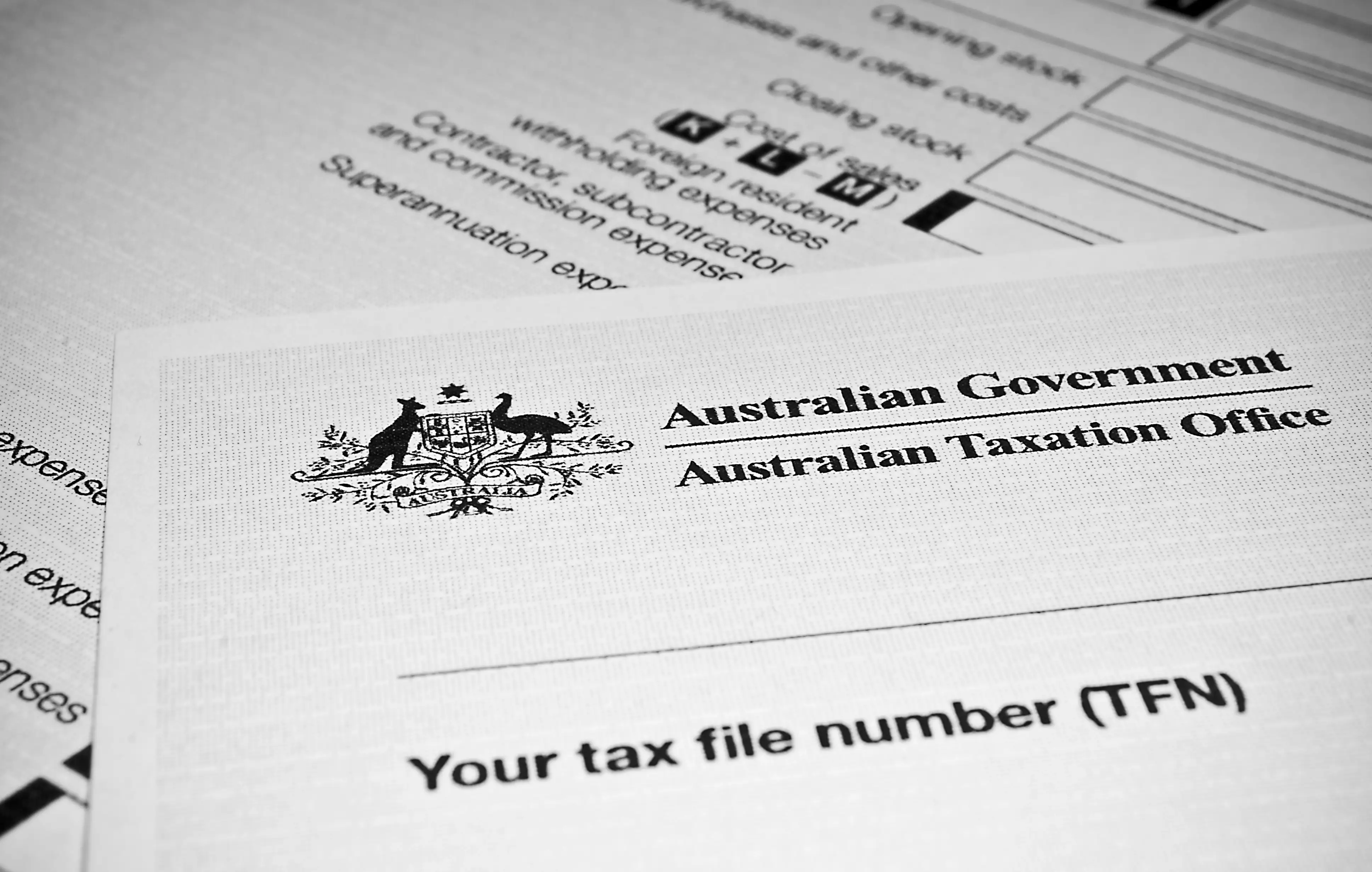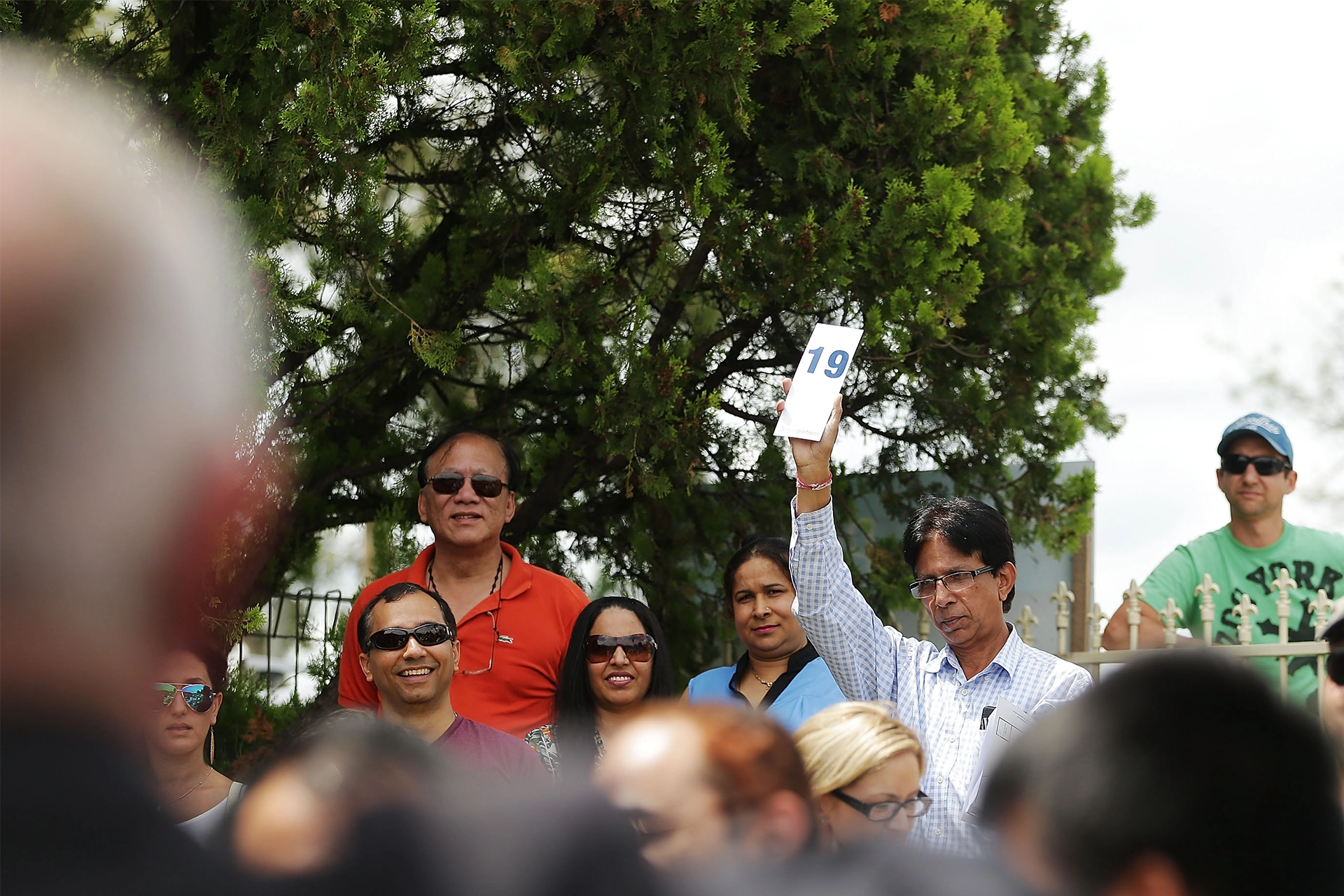
Business & Economics
Client-lawyer privilege versus the Australian Tax Office

Australia has signed treaties with eight other countries to protect their nationals from “more burdensome” taxation. But do our state and territory governments appreciate this?
Published 19 February 2025
Taxation is sometimes known as the “art of plucking the goose to get the maximum amount of feathers with the minimum amount of hissing”.
Some countries, to protect their own citizens who are travelling and living overseas, may enter into agreements with other countries to limit the number of feathers that local governments can pluck.

Australia, for example, has signed treaties with eight countries promising that “more burdensome” taxation will not be imposed on their citizens.
Those countries (South Africa, New Zealand, Finland, Germany, Japan, Norway, India and Switzerland) have, in turn, similarly promised that Australians in the same tax circumstances as locals will not be subjected to discriminatory taxes of any kind.
But it looks like someone forgot to tell this to our state and territory governments.
Most Australian states and territories now demand that foreigners from all countries pay extra tax in relation to ownership of Australian property.
Other places like Canada, the United States, Singapore and Hong Kong impose similar taxes on non-citizen, non-permanent resident property owners.
So is this just a diplomatic faux pas or something more serious?

Business & Economics
Client-lawyer privilege versus the Australian Tax Office
In Australia, tax treaties recognised by the federal International Tax Agreements Act are given the force of Commonwealth (i.e. national domestic) law.
This is important because, under the Australian Constitution, where there is a conflict between Commonwealth and state or territory law, the Commonwealth wins out and the state or territory law is invalidated.
Since most of the eight treaties we’re talking about pre-date the introduction of the state and territory foreigner property surcharge taxes, it appears that these taxes have been invalid from their inception.
And not just in relation to treaty-protected foreigners.
The intention of these taxes is to tax treaty-protected and non-treaty protected foreigners without distinction – so the whole house of cards arguably falls over.

Is it any surprise, then, that people who have been taxed as a result of these state or territory laws have asked for their money back?
But instead of issuing a ‘mea culpa’, state and territory governments have doubled down, asking the Federal government to try and fix the problem rather than changing their own laws.
A few months ago, an attempted change to the International Tax Agreements Act was instigated by the Federal government.
This Act now supposedly stipulates that the domestic implementation of tax treaty provisions takes a back seat to the operation of state and territory foreigner property surcharge tax provisions.

Business & Economics
Too many eggs in the property wealth basket
I say ‘attempted’ and ‘supposedly’ because this change – which, for good measure, has been backdated to 2018 to head off six years’ worth of potential legal claims – is itself under a cloud.
Its constitutionality – or its accordance with the stipulations of the Australian Constitution – is being questioned in the High Court.
One problem is that an inconsistency between federal and state law cannot be removed in a way that would legally change the past.
State governments are now pushing for the High Court to shift the goalposts so that they may, belatedly, cover their exposure to a problem largely of their own making.
As mentioned previously, most of the relevant treaties had already been in place when these non-compliant foreigner taxes were introduced.

Australia was well aware, for instance, at the time of entry into the relevant treaties, that non-federal (i.e. state and territory) taxes were within their ambit.
Official material accompanying the enactment of these treaties into Australian law indicates that the non-discrimination provisions they contain were clearly understood.
They were intended by Australia and its treaty partners to capture taxes beyond ‘typical’ taxes, like income tax and fringe benefits tax.
This approach aligns with the OECD’s Model Tax Convention on Income and on Capital.
Unfortunately, even if the domestic legal goalposts are moved, the elephant in the room – that Australia is ostensibly not ‘doing right’ by its tax treaty counterparts – remains very much alive and hanging over the government like a diplomatic Sword of Damocles.

Politics & Society
Is it time to tax ‘old money’?
Treaty partners could terminate the treaty or negate various parts of it, should the hair (see Sword of Damocles’ reference above) – for whatever reason – give out.
There may also be other consequences, like the termination of various free trade agreements.
Just a small potential price to pay for going back on our word and plucking more from foreigners than we promised?